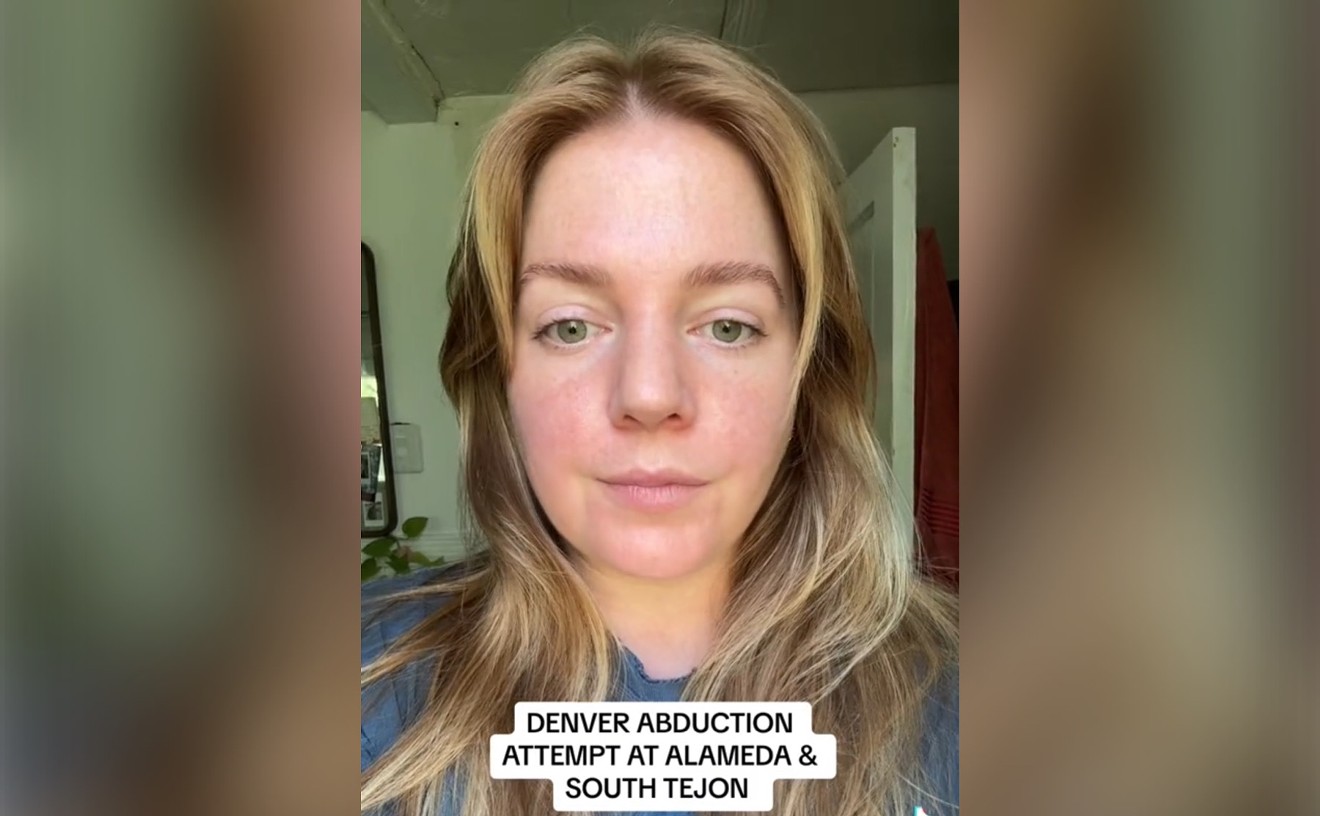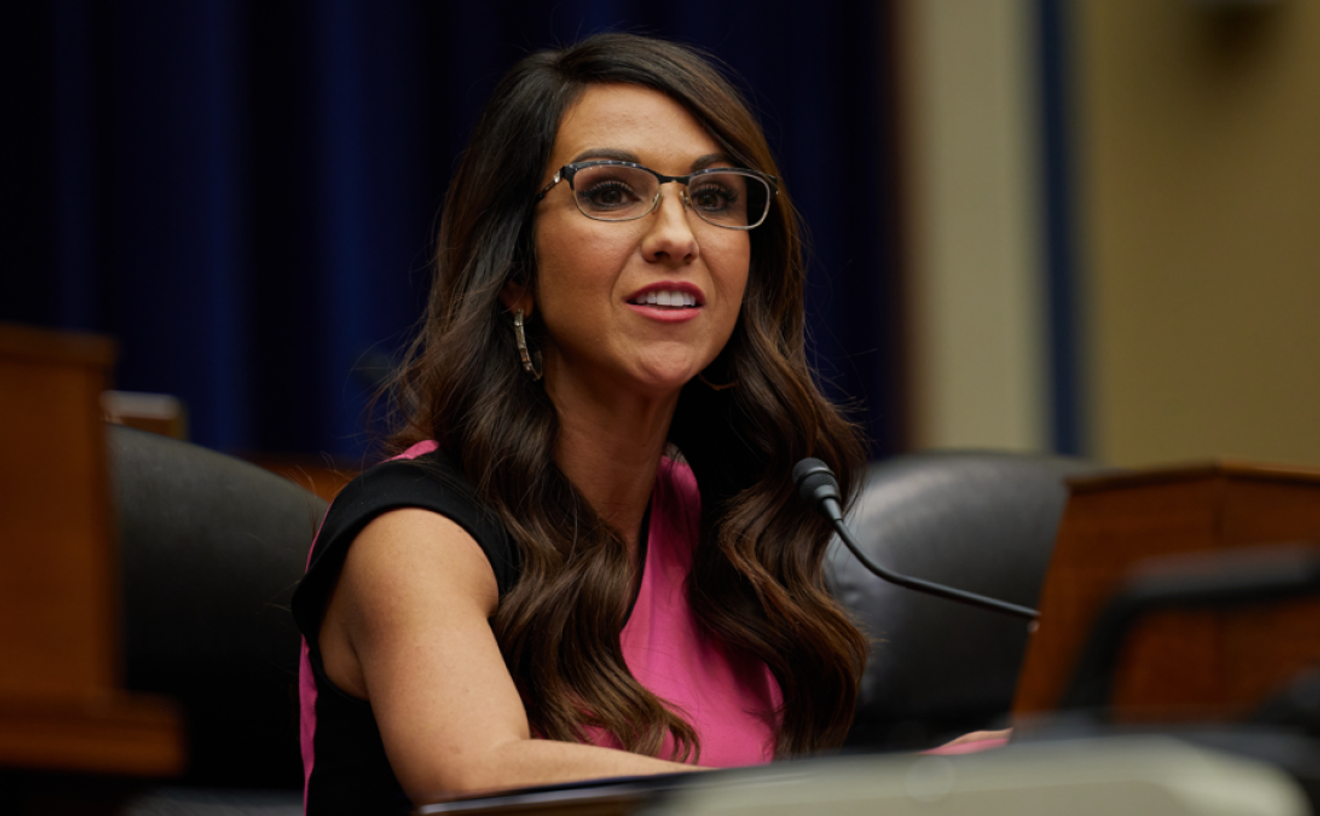If his name rings a bell, it should.
We've written plenty of times about Nixon, who, as a member of the Denver Police Department, was involved in two of the most high-profile excessive-force incidents in the past decade: the beating of college student Alex Landau and the billy-clubbing and macing of four women at the Denver Diner.
The incidents, both of which took place in 2009, resulted in City of Denver settlements of $795,000 and $360,000, respectively.
In 2011, Nixon and fellow officer Kevin Devine were fired for their roles in the Denver Diner matter. But while Devine eventually resigned in 2013 by way of a blistering letter to Denver Police Chief Robert White, Nixon has refused to give up the ghost. He filed a civil-rights lawsuit against Denver the same year Devine quit, charging that the city had violated his civil rights by bowing to political and media pressure.
Along the way, Nixon has taken advantage of a complicated Civil Service Commission review system detailed in our recent post about why three fired Denver deputies may not stay fired. And the latest ruling, on view below, gives him new hope that he could once again be back on the force.
The Denver Diner case is at the center of the document. As we've reported, Kelly Boren, Sharelle Thomas, Ana Ortega and Kristal Carrillo were at the restaurant in 2009 when they say Denver police officers Nixon and Devine menaced them with nightsticks, pulled or shoved a number of them to the ground and sprayed them with Mace despite no compelling evidence of actual wrongdoing.
Here's how attorney Siddhartha Rathod summarized what went down in a 2011 interview that frequently cited surveillance video of the incident.
"On July 12, 2009, Officer Nixon was working in an off-duty capacity at the Denver Diner — and he was in uniform," Rathod said. A short time earlier, "Kristal had been a victim of an assault in the restroom. She was attacked by an unknown party and was defending herself when Officer Nixon grabbed her, dragged her outside, arrested her and handcuffed her. In the video, Ana comes outside — she'd been in the bathroom with Kristal, and she can be seen telling Officer Nixon, 'She didn't do anything wrong.' But he's basically not listening to her, so she walks a little bit away.
"Just at that time, Sharelle and Kelly arrive. Sharelle had just graduated from Colorado Christian Academy, and they arrived via pedicab. They're walking straight to the door when Officer Devine, who's smoking a big cigar, can be seen coming in from the right side of the video and pushes Sharelle. She stumbles forward, and when she stands back up, she says something to the effect of 'You can't treat me that way,' which any citizen should be able to say to an officer or anyone else in that situation."
At that point, Rathod went on, "Officer Devine pulls out his nightstick and starts waving it in Sharelle's face. He then grabs her by the arm and starts pulling her toward where Kristal is on the ground in handcuffs. He's about to strike Sharelle with his nightstick, but stops inches away. Kelly then steps in between Sharelle and Officer Devine, to stop him from striking her in the face — and Officer Devine grabs Kelly by the neck and throws her. And he's a big guy, She goes completely off the ground. And then he grabs Sharelle and yanks her onto the ground, and Officer Nixon pins her down.
"Ana sees all this, and she's saying, 'What are you doing?' when Officer Devine, still smoking the cigar, grabs her and throws her down to her knees. Then he takes her arm behind her back and puts his nightstick into her shoulder — and right as he's about to assault her, Officer Nixon pulls out his Mace and sprays it maybe two inches from her face before taking a couple steps to the left and macing Sharelle and Kelly."
Ortega was subsequently handcuffed, as was Thomas — and Rathod said assorted officers on the scene offered no help to the maced women even as they treated their own eyes with saline solution. Amid this scene, "Anna, who had been on her knees, stands up and asks for help, and Officer Nixon grabs her by the throat with both of his hands and slams her to the ground. Kristal then tried to help her, and Officer Nixon slams his fist full-force into her face."
As Rathod noted, none of the women had done anything wrong — and Carrillo was actually a victim of an attack before the officers took charge. Nonetheless, only Thomas was released, while the other three were charged with assorted infractions because "Officer Nixon and Officer Devine falsified police reports and fabricated charges," he maintained.
Nixon's 2013 lawsuit against the city puts a decidedly different spin on the incident, as well as the investigation that followed.
Initially, the suit says, DPD investigations determined that "discipline against [Nixon]...was not supported by the evidence" and "the use of force was justified" in the Denver Diner incident, the lawsuit says. But in January 2011, as the controversy built, Nixon was put on desk duty — a reassignment described as "humiliating." Then, that April, ex-Manager of Safety Charles Garcia "overrode all other recommendations, from every level of review," to terminate Nixon's employment.
Afterward, the lawsuit quotes one member of the Internal Affairs Bureau as telling Nixon, "Rick, we all know this is bullshit, this is political. You need to fight this." The anecdote adds that Nixon "was in tears and emotionally distraught."
The lawsuit details what's characterized as the city's attempts to block Nixon from receiving unemployment benefits prior to January 2012, when he was reinstated by the Civil Service Commission. Moreover, Denver, which fought the CSC's decision, is also criticized for what the document implies were retaliatory actions once he was back on the force.
Examples: In May 2012, Nixon was "humiliatingly not issued his Police officer's badge, and [was] informed that he cannot wear his uniform, or carry his duty weapon." In addition, the suit goes on, Nixon was "assigned to the Photo Radar Unit...without justification or excuse, and in violation of his rights as a US citizen, and in contravention of the Constitution of the United States of America." This move is described as "a hostile action used to humiliate and embarrass" Nixon.
The suit states that the massive publicity surrounding the Landau and Denver Diner incidents, coupled with media coverage that "by innuendo, at least, suggests that the allegations and claims" against him were true, grew worse and more harmful due to the city's overreactions to it. As such, the text argues that "the unconstitutional actions of the City have allowed for a public rebuke, outcry and threatening attitude to be developed to the harm of physical violence to Officer Nixon and his family," including threatening messages on websites and Facebook.
The suit's main assertion: "Defendants' unconstitutional actions set forth herein are abuse of their power and position, designed to destroy and deprive [Nixon] of his constitutional rights, privileges and immunities, since their misuse of power is posed by virtue of State law, municipal law and made possible because they have exercised their unconstitutional wrongdoing, clothed with the authority of State law."
District Court Judge Morris Hoffman doesn't weigh in on all of these assertions in his ruling. Instead, he focuses on the rationale for the Civil Service Commission's latest firing of Nixon, on August 21, 2015, allegedly for being "intentionally deceptive" in the Denver Diner "use-of-force narrative."
In addition to "mischaracterizing some of the statements in Plaintiff’s use of force report," Hoffman writes, "the Commission re-examined the evidentiary facts, compared the mischaracterized use of force report to the HALO video, and even appeared to make its own new findings of evidentiary fact."
As such, Hoffman concluded, "The case is again REMANDED to the Commission with instructions that it decide the ultimate issue of fact — whether material facts in Plaintiff’s use-of-force report were willfully, intentionally or knowingly deceptive — based only on the four corners of Plaintiff’s use of force narrative, the evidentiary facts already found by the Panel, and any other facts disclosed by the record that are not inconsistent with the evidentiary facts found by the Panel."
Hoffman's decision doesn't guarantee that Nixon will be reinstated as a Denver police officer. But it further prolongs a fight that goes back more than half a decade and shows no signs of wrapping up anytime soon.
Here's the ruling.
Ricky Nixon Ruling: Denver District Court











